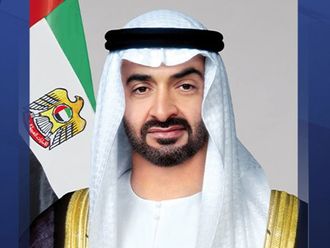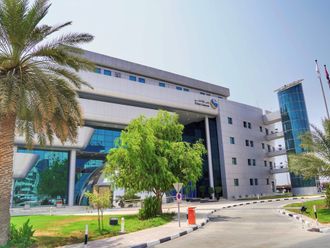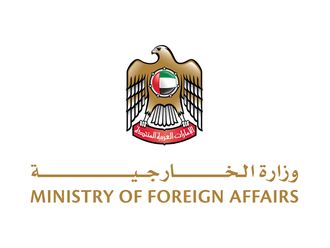Dubai: Princess Haya, wife of His Highness Shaikh Mohammad Bin Rashid Al Maktoum, Vice-President and Prime Minister of the UAE and Ruler of Dubai, UN Messenger of Peace and Chairperson of International Humanitarian city, stressed on the fact that much can be achieved if leadership believed in serving its people.
Princess Haya cited the example of UAE’s sterling efforts in this regard. She presented some significant facts at the conference:
The UAE is the No 1 globally in the percentage of women enrolled in higher education. Dubai relies more on finance, tourism and transportation and little on the energy sector for income, under 5 per cent.
UAE now has the most diverse population in the world.
835 million people remain chronically hungry in the world.
Two billion people in the world suffer from nutritional deficiency, anaemia, especially among women and girls, and lack of Vitamin A.
Dubai relies more on finance, tourism and transportation and little on the energy sector for income.
More than 90 per cent of South Sudanese refugees in Gambia and Ethiopia were women and children and most of them had struggled across the border into Ethiopia arriving on the brink of starvation.
Nutritionists say that the first 1,000 days are critical, and if a child is malnourished then, the game is over before it has ever begun.
Prince Hassan Bin Talal of Jordan spoke of the need for the Arab region to set up a regional bank for reconstruction and development and to aid those in need of shelter and sustenance during emergencies, natural or man-made. Some significant facts presented by him:
“In 1991, [Jordan] received one and half million refugees from the Gulf War zone. Today, from the perspective of Jordan, we host 1,398,260 Syrian citizens.”
“Number of refugees holding the UNHCR card are 614,819. Adults account for 47.7 per cent of the refugees. 25.6 per cent are women and 27.1 per cent are men.”
“I thank Caritas [international relief organisation] for taking care of 6,000 Iraqi Christians, most of them registered under UNHCR.”
Maria Botros is a trainee at Gulf News












